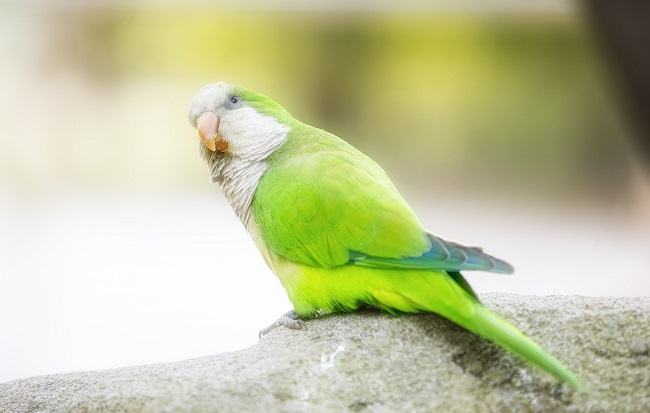Quaker parrots, also known as Monk parakeets, are intelligent, charming, and social birds making them a popular choice among pet enthusiasts. However, getting one involves not just the initial cost, but ongoing expenses related to care and maintenance.
This comprehensive guide provides an in-depth view of Quaker parrot prices, helping you understand what to expect and how to budget accordingly. Let’s soar into the details!

Understanding Quaker Parrots
Quaker parrots are native to South America and are famous for their lively personality and incredible mimicking abilities.
They are medium-sized birds that live up to 20-30 years, with a diet primarily of seeds, fruits, and vegetables. Being social animals, Quakers require interactive playtime and mental stimulation.
Read Also:
Initial Cost of Quaker Parrots
The initial cost of a Quaker parrot varies greatly depending on several factors such as the bird’s age, color, breeder reputation, and location.
Generally, Quaker parrot prices range from $100 to $500. Rare color mutations like blue or albino Quakers can cost more, sometimes exceeding $600.
Factors Influencing Quaker Parrot Prices
Here are some factors that affects the quaker parrot price:
1. Age and Health
Younger, healthier parrots typically cost more due to their longer lifespan. A certified health check from an avian vet adds to the bird’s value.
2. Color
Green Quakers are the most common and thus the least expensive. However, mutations like blue, yellow, or white are rarer and more expensive.
3. Breeder Reputation
A reputable breeder who takes excellent care of the birds will typically charge more. However, buying from such breeders ensures you get a healthy, well-socialized bird.
4. Geographic Location
Prices may vary based on supply and demand dynamics in different regions. For instance, in states where Quaker parrots are banned, the prices might be significantly higher.
Additional Costs
The purchase price of the bird is only the beginning. Additional costs include a sturdy cage, high-quality food, toys, and vet care, which can add a few hundred dollars to your initial costs.
Annual expenses for food, health check-ups, and replacing toys and cage accessories can add up to $300-$500.
Adoption as an Alternative
Adoption is an economical and compassionate alternative to buying a Quaker parrot. Numerous rescue organizations offer Quaker parrots for adoption, often with a nominal fee.
Read Also:
Conclusion
A Quaker parrot can be a delightful addition to your family, providing companionship and entertainment. While the upfront Quaker parrot prices might seem steep, the joy and companionship they bring can make it all worthwhile.
Remember to factor in the long-term commitment and recurring expenses when budgeting for your new pet. This guide should provide you with a comprehensive overview of what to expect, helping you make an informed decision.
Being well-versed with Quaker parrot prices and related costs is crucial in providing a comfortable and healthy life for your prospective pet. Quaker parrots are wonderful pets, full of personality and charm, and with proper care and attention, they can become a cherished member of your family.
























